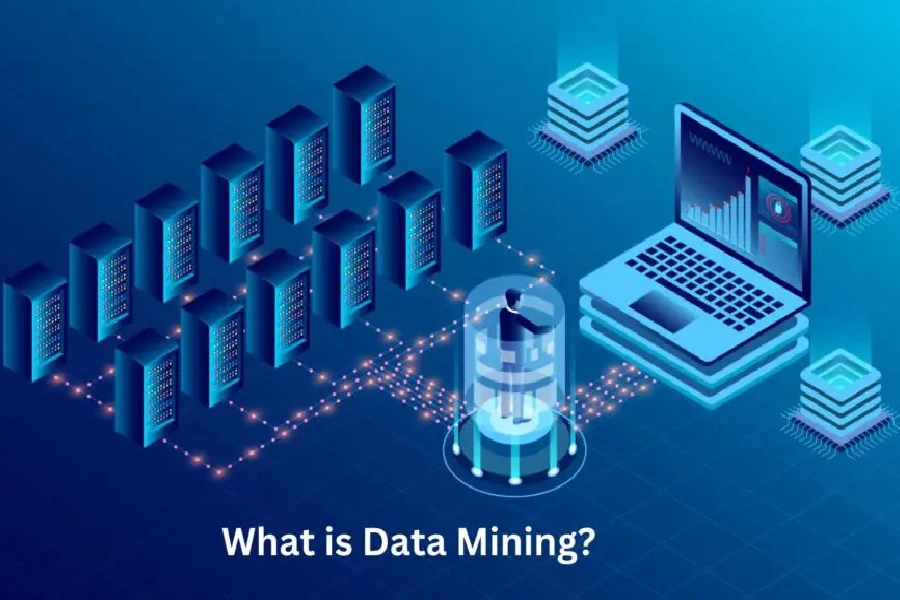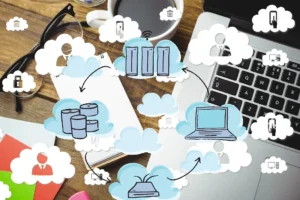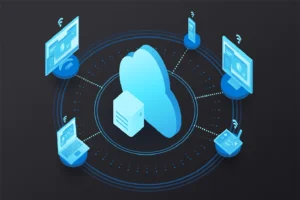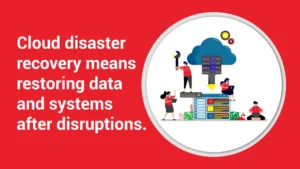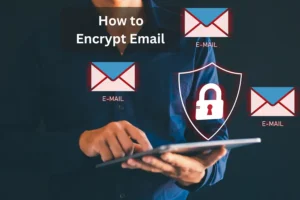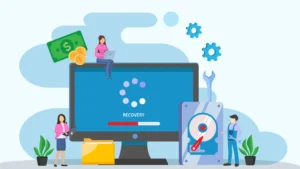Is your internet service provider doing data mining? Is that even legal?
I don’t know about you, but I wish to keep my private life private. If this sounds like something we have in common, you might be asking yourself what your internet service provider is doing to keep your data private. Well as it turns out… not a whole lot! In fact, they are most likely combing through it and selling your data to advertisers.
The FCC’s Role and Its Impact on Consumer Privacy
Fear not, the Federal Communications Commission has stepped in to help out. They have told service providers that they can’t collect customer data without the consent of the customer. The only problem is, part of the contract you agree to when you sign up allows your service provider to siphon your data. Essentially this regulation had the opposite effect of what the government intended, and instead of removing red tape and allowing more service providers into the market, they just made it easier for the big guys to spy on you.
There is a little bit of a bright side here. There are ways to “cloak” yourself while surfing the web. Even though it’s nowhere near one hundred percent of websites, more sites than ever are using encryption. Ads can still get through some of that and target you because the whole site may not be encrypted, however, it is better than nothing. When a site uses the security protocol HTTPS, your service provider cannot see the site URL, but it can see monitor requests made to the Domain Name System (DNS). There is evidence to suggest that collecting DNS logs does nothing effectively for data collection, they actually use it to detect malicious content and potential infections
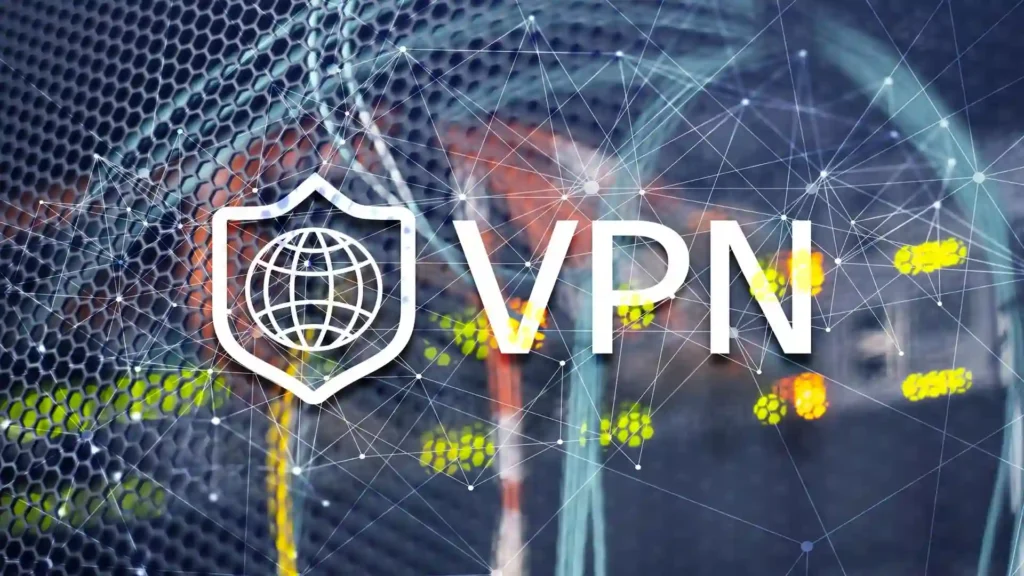
Understanding the Role of VPNs in Privacy Protection
I’ve mentioned VPNs (Virtual Private Networks) before, and it is one way to hide yourself from the data collection of your service provider. The problem is that they are not widely used. People either don’t see the value or have used a free VPN, which left a bad taste in their mouths. Regardless of the reason, VPNs can be highly effective in the fight for privacy. They are definitely not a privacy “silver bullet”. VPNs need to be configured to correctly tunnel your DNS information and this is not an easy task for non-experts.
Service providers are not the only ones doing it either – Facebook does it, and Verizon has recently admitted to selling off phone numbers and user locations. Keep in mind that it is a growing practice, but remember you aren’t completely helpless.

Unveiling the Dangers of Data Mining
Something else to think about is that since your service provider collects this data and the government knows they are doing it, they can use it to their own ends. We already know that their thirst for power never stops and this access to everyone’s user data is what they crave. What’s to say that some moral crusaders get into power and want to restrict porn or torrents online because everyone has access to it? Police departments might also subpoena or pay for information regarding buyers of drones, ammunition, and knives.
You have a right to privacy and in the wrong hands, your web data could be used for identity theft or extortion. Then there is also the case to be made concerning the profits. Your data is created by you when you browse, and it belongs to you. When service providers harvest and sell it without your knowledge, they are effectively stealing from you. You and I should be getting a cut from the digital windfall created by our data.
Conclusion
The laws regarding data harvesting across the globe vary. For instance, in the EU, it is extremely difficult for service providers to capitalize on their client’s data. Everything has to have informed consent from the consumer or face massive fines. On the reverse side, here in the US, it seems to be the Wild West. In recent years politicians have stripped away at the FCC’s mandates and made data harvesting totally legal.
If you have questions about the privacy of your data, please don’t hesitate to Contact Us – we are here to keep your privacy intact!

